Table of Contents
ToggleInfluencer marketing is a smart way to promote brands online. It connects businesses with people who have loyal followers. These influencers help brands reach the right audience.
In 2025, influencer marketing is changing fast. New tools, trends, and content styles are shaping the future. Let’s look at the top trends you need to know.
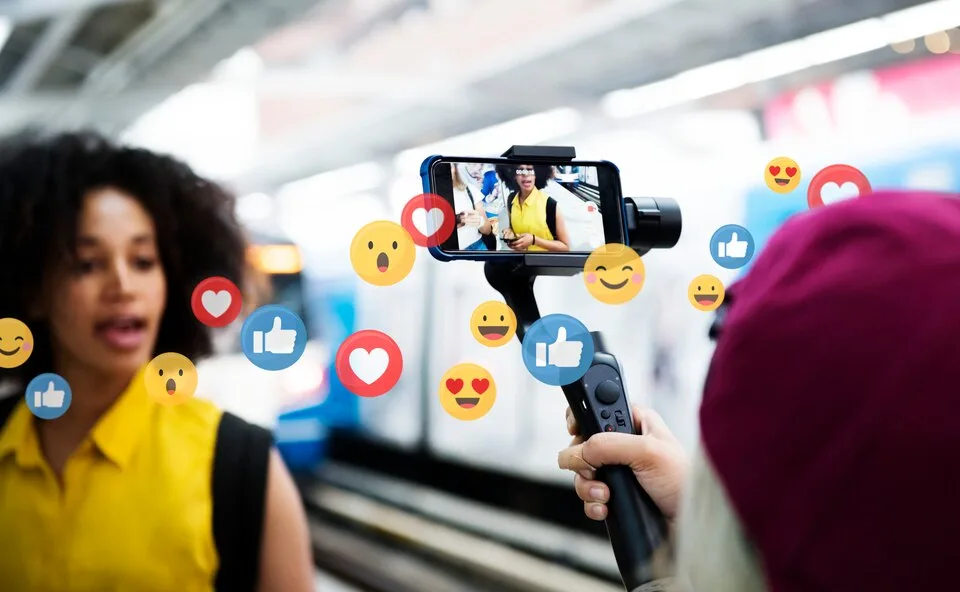
Social commerce is quickly becoming one of the most powerful trends in influencer marketing. It combines entertainment and e-commerce to create an immersive, real-time shopping experience. Platforms like Instagram,TikTok, and YouTube are enhancing their live-streaming features to allow influencers to showcase products and enable instant purchases through integrated shopping tools.
This format taps into the impulsive nature of consumer behavior, driven by real-time interaction and the excitement of live content. Shoppers can see products in action, ask questions, and get instant feedback—creating a sense of trust and urgency that traditional online shopping often lacks.
By 2025, live-stream shopping is expected to be a major revenue driver, with forecasts showing it could account for 20% of global e-commerce sales within the next two years. In the United States alone, live commerce sales are projected to grow by 36% by 2026, making up more than 5% of all e-commerce sales.
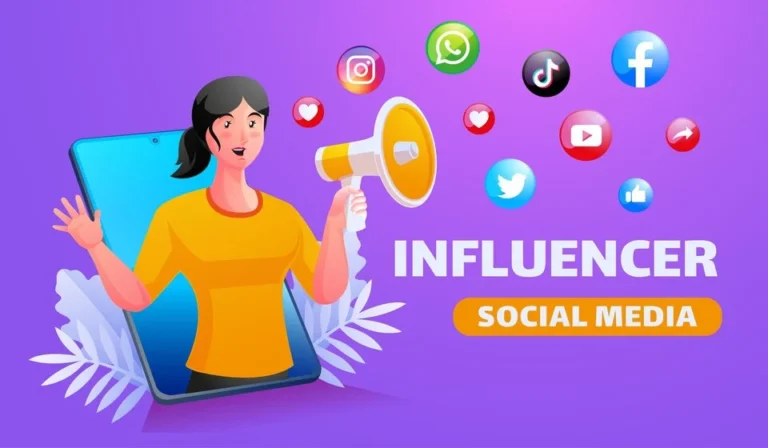
One standout example is Estée Lauder, which successfully embraced this trend with live-streamed shopping events on Instagram. During these sessions, influencers and makeup artists demonstrated products, offered beauty tips, and answered viewer questions in real time. Shoppers could instantly purchase the featured products using integrated links—creating a smooth and interactive buying experience. This strategy paid off, resulting in a 60% boost in the company’s digital sales.
What is it?
These are digital characters created by AI. They look and act like real people online.
Why it’s popular:
They are always on time, never cause drama, and can speak many languages. Brands like them because they are low-risk.
Data:
20% of brands now work with virtual influencers (AspireLink).
Tips:
Partner with AI influencer agencies.
Use them to launch new products.
Be clear that they are not real people.
Case Study: Burger King’s “Million Dollar Whopper” – AI Meets Influencer Engagement
Burger King’s “Million Dollar Whopper” campaign is a prime example of how AI can make marketing more personal, interactive, and fun. In this campaign, customers were invited to design their own Whopper using an AI-powered customization tool. Users could select their favorite ingredients, and the AI would generate a unique image of their burger—complete with a personalized jingle to enhance the experience.
To amplify the campaign’s reach, Burger King partnered with influencers who created and shared their own Whopper creations. These influencers encouraged their audiences to participate, adding a layer of social proof and engagement. The combination of AI-driven creativity and influencer marketing helped Burger King connect with fans in a new and memorable way—making each customer feel like a part of the brand story.
Beyond this campaign, AI is also transforming influencer marketing by enabling smarter brand-creator matching based on niche interests and behaviors. Predictive analytics can now forecast which influencers and content types will perform best, helping marketers make data-driven decisions that improve campaign results and ROI.
| Trend | Why It Matters | Brand Tip |
|---|---|---|
| AI Personalization | Smarter targeting and campaign predictions | Use AI to match with the right influencers |
| Voice Search (VSO) | More people use voice assistants to search content | Use casual, FAQ-style scripts in content |
| Sustainability & CSR | People prefer purpose-driven brands | Work with eco-conscious influencers |
| Micro/Nano Influencers | Higher trust and 60% more engagement | Focus on niche creators over large followings |
| Social Commerce | Seamless in-app shopping is booming | Try TikTok/Instagram live shopping features |
| Long-Term Partnerships | Builds real audience trust over time | Start ambassador or affiliate programs |
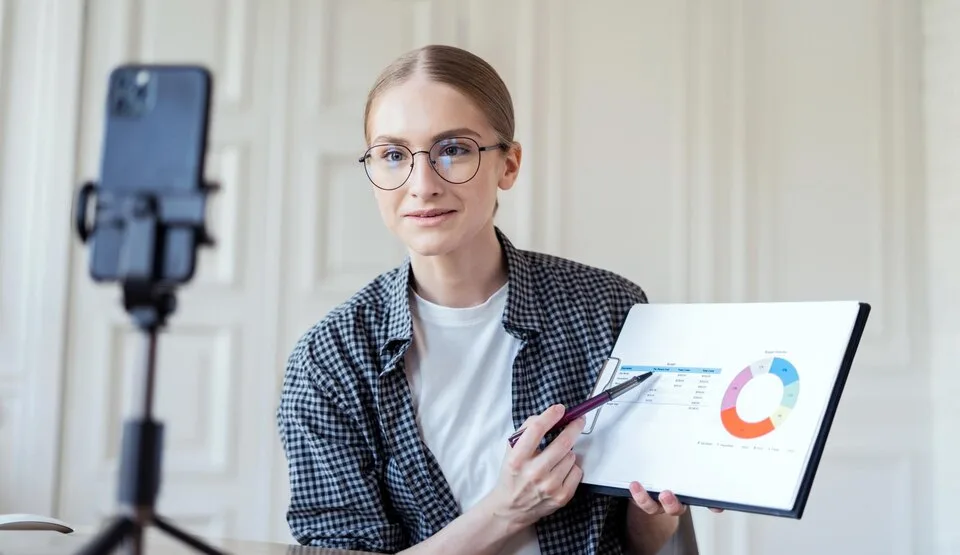
What it is:
As TikTok becomes a leading search engine among Gen Z and Millennials, influencers are optimizing videos with SEO-friendly captions, keywords, and hashtags to appear in platform search results.
Why it’s trending:
Search behavior is shifting from Google to TikTok. Brands and creators alike are adapting content for discoverability within the app.
Stat to note:
Google reported that nearly 40% of Gen Z now uses TikTok as their primary search engine.
How to leverage it:
Work with influencers to include keywords in captions and voiceovers (e.g., “best vegan skincare 2025”).
Encourage tutorials, reviews, and “how-to” videos tied to your niche.
Use trending sounds and optimize descriptions for SEO.
“In 2025, TikTok isn’t just a social app—it’s the new search engine. Brands that treat TikTok like YouTube and optimize for search will win the attention of Gen Z and Millennials.”
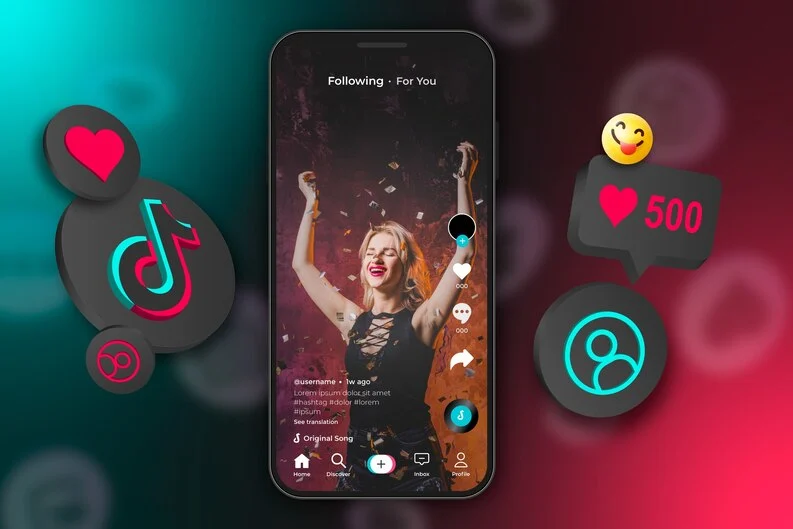
What it is:
Instead of one-time promotions, brands are now forming long-term collaborations with influencers. These partnerships last for several months or even years, creating consistent, authentic content that builds deeper trust with the audience.
Why it’s trending:
Audiences are more likely to trust influencers who consistently promote a product or brand. Long-term deals feel more natural and less transactional, which leads to higher engagement and stronger brand loyalty.
Stat to note:
According to recent industry data, 65% of consumers trust influencers more when they work with a brand over time, rather than just once.
How to Leverage It:
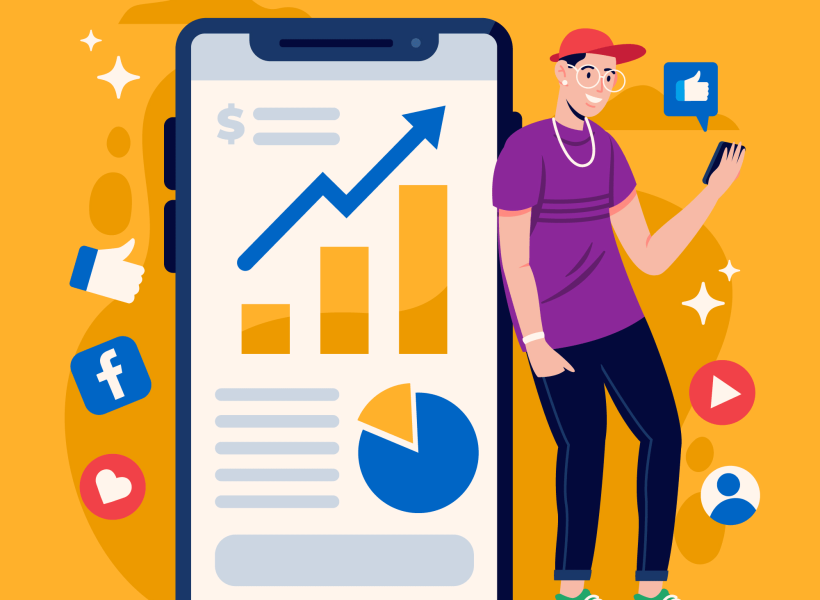
Use AI for smarter matchmaking.
Build long-term, meaningful influencer relationships.
Optimize for voice search.
Encourage creators who care about sustainability.
Enable seamless shopping via social commerce.
One-off posts without strategy.
Neglecting ROI tracking.
Over-polished content—keep it genuine.
Ignoring influencer disclosure rules—follow FTC guidelines
Influencer marketing is growing fast in 2025. New trends like AI creators, TikTok SEO, and performance deals are changing the game.
To win, brands must stay updated, try new ideas, and focus on real results.
Have a project?Let's start.